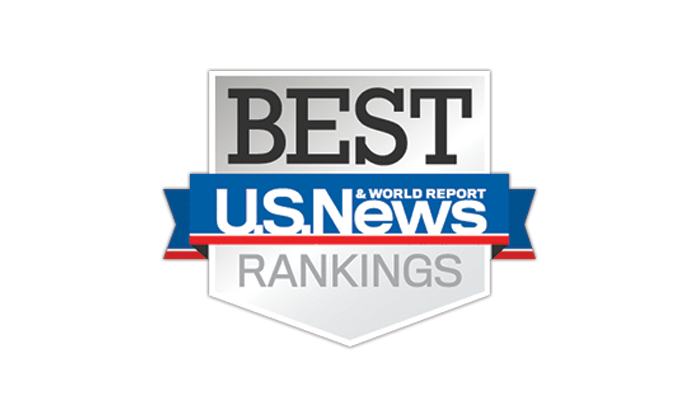Harmony Chen (9) │ STAFF REPORTER
Written April 2023
Prospective college students worldwide are anxious and eager to enroll in the best universities, principally those located in the US, utilizing resources such as the U.S. News & World Report School Rankings to guide their decision.
Once a widely recognized source, the US News College Ranking has recently been facing criticism for faulty, misleading rankings of institutions. Columbia University, an Ivy League school in New York, was initially ranked second for the 2022-2023 best college ranking list. However, it dropped to 18 after the university admitted to submitting faulty data to secure a higher rank. This dramatic drop in less than one year has caused a heated debate regarding the legitimacy of the source.
By relying heavily on self-reported data by universities and a flawed ranking system, the US News College Ranking has proved itself to be unreliable.
Furthermore, Harvard and Yale, along with many elite colleges, have chosen to no longer submit data for the annual rankings of top law schools because of their defective methodology targeting income inequality.
The ranking system encourages schools to raise tuition and offer financial aid to students based on test score merit, consequently disregarding students who cannot afford expensive test preparation and decreasing diversity. By using metrics of academic quality that favour wealthy students, the methodology is biased toward schools that boost socioeconomic diversity and widens the gap in access to higher-level education for students around the world.
Thus, measuring schools with metrics that do not encompass the true nature of the school—dedication to economic mobility and equal access to opportunity among others—leads to meaningless, deceptive, and harmful rankings that should not be used as a factor of distinction.



